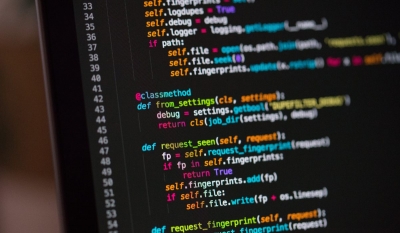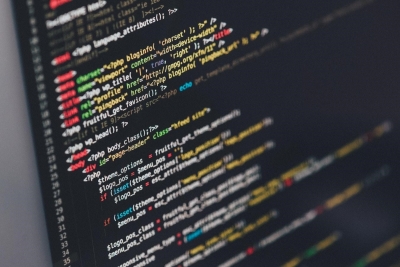What are the benefits of coding?

Coding is fun, whether you take it up as a hobby or a career. Since we have more time on our hands, thanks to the lockdown, why not learn to code? There are several benefits of taking up coding as a hobby. These include
Better thinking: Coding leads to improved thinking as it engages your math and logical thinking skills.
Improved problem solving skills: When you get stuck on a code, something likely to happen, you think of ways to overcome the problem.
You are the boss: Don't like how the comment feature on your favourite site works? Change it! Coding lets you create something of your own the way you like it.
Fuels creativity: You can code just about anything. You can even get creative with codes to achieve a variety of results.
One-time investment: You need a computer and a computer language to code. That's all. Just these will help you code for many things.
Career opportunities: With technology and gadgets developing companies are always on the lookout for coders, making it a great career prospect.
Skills required to code
When it comes to skills required to be good at coding, apart from problem-solving and logical reasoning, one also needs to have a good memory as programming languages have several keywords that need to be memorised and used correctly. A keen eye for detail is also important as sometimes just one comma or semicolon can render an execution error in the program. Sound basic maths skills are an added bonus as math equations may have to be used while coding. But over everything else, a programmer needs to be curious. He or she needs to look for multiple solutions to a problem and constantly wonder how something can be innovated and made better.
If you are interested...
If you wish to take up coding as a hobby and develop it further later, here are a few things to keep in mind before you start:
Read up: There are different computer languages available. Read up and find out what interests you the most
Tutorials: Several tutorials and basic coding courses and games are available online. You can use these as your launchpad and build on it.
Ask your teacher: Talk to your computer teacher and seek her assistance in choosing a language to learn.
Network, learn and earn: Several IT companies hold coding competitions. You can use this to form networks, learn more about coding and earn a few quick bucks along the way.
Would you like to pick up your laptop and crack the code as a hobby?
Picture Credit : Google
